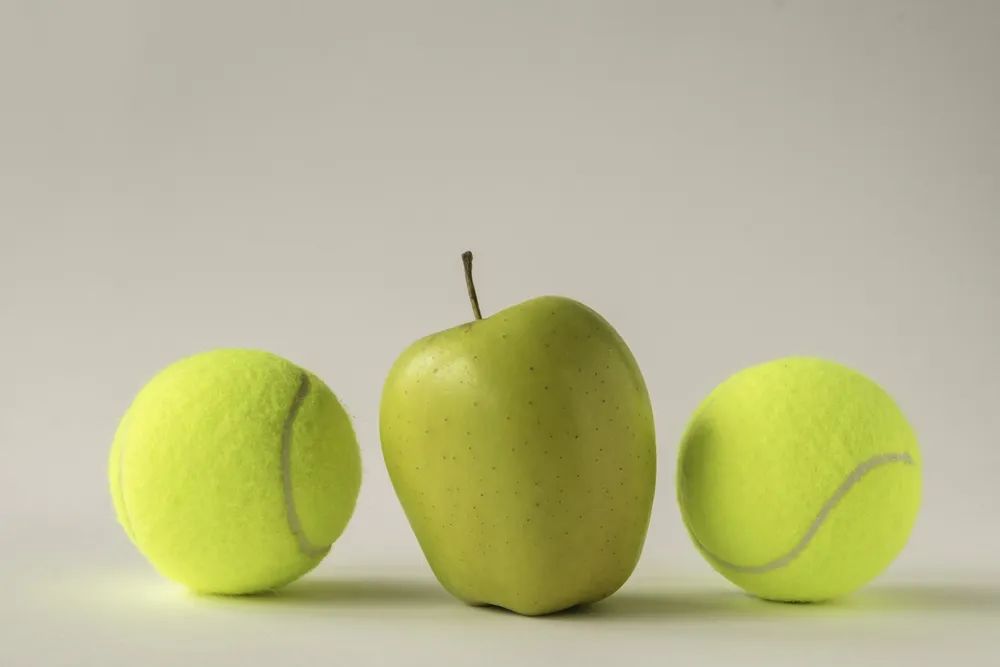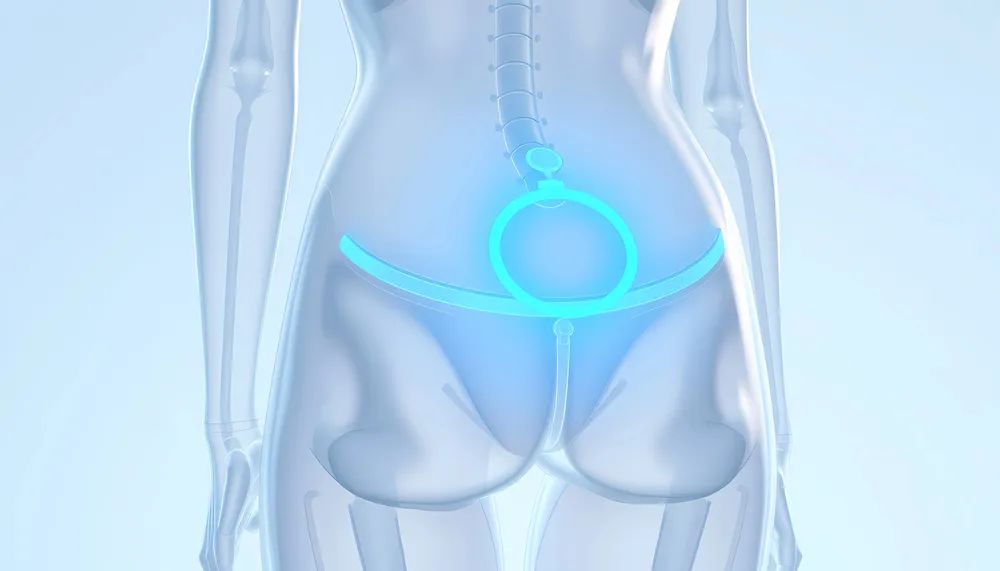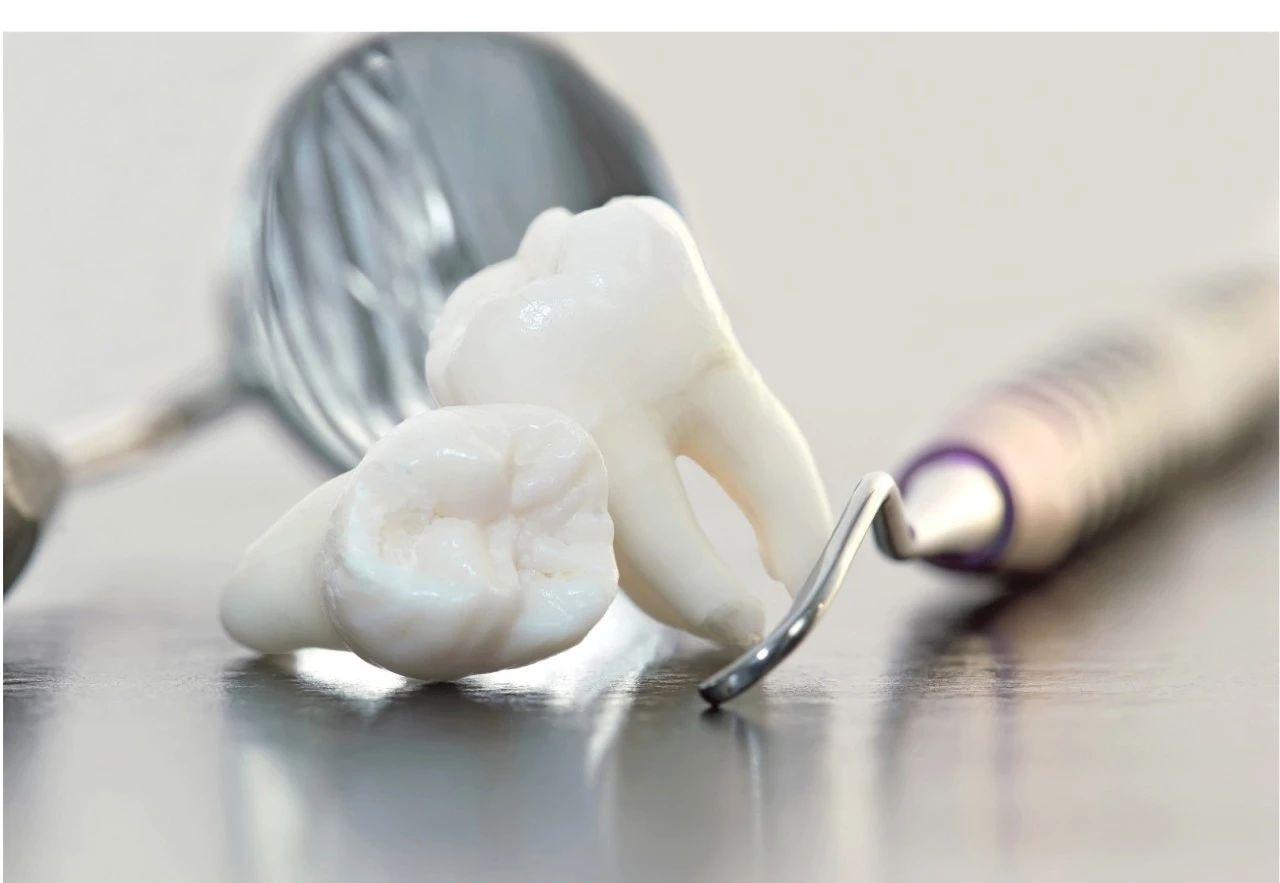Parkway Tennis Specials | Winning Diet For Fueling Your Success
2023-09-13
PARKWAY 百汇医疗 Tennis is a sport that demands the perfect blend of cardiovascular endurance and explosive bursts of power. As a tennis player, your performance on the court is closely tied to your nutrition. The right diet can give you the energy, strength, and agility needed to excel in this unique and physically demanding sport. Tennis is not your average game of back-and-forth. Matches can last for hours, with players making hundreds of rapid movements and direction changes. It's a test of both stamina and power. To meet these demands, your body needs a balanced diet that provides the necessary nutrients and energy sources. 2. The Role of Carbohydrates Carbohydrates are your body's primary source of energy, just like gasoline fuels a car. For tennis players, carbohydrates are essential before, during, and after a match. Good sources of carbohydrates include grains, fruits, starchy vegetables, beans, legumes, milk, and yogurt. They help replenish glycogen stores and keep your energy levels up during play. Your carbohydrate intake should be relatively high, especially focusing on whole grains. Carbs are the fuel that keeps you going on the court, so don't skimp on them. Protein is crucial for repairing muscle tears and building strength. Active tennis players should aim for relatively high protein intake. Sources of protein include chicken, turkey, seafood, lean cuts of meat, dairy products, eggs, beans, legumes, nuts, and soy products like tofu and edamame. Protein is the repair crew for your body, ensuring your muscles stay strong and resilient. While low-fat intake is generally recommended, don't shy away from healthy, unsaturated fats. These fats are essential for various bodily functions, including the absorption of fat-soluble vitamins, energy production, and brain function. Foods like avocados, nuts, fatty fish, olives, and oils like olive, canola, and sunflower oil should be part of your diet in moderation.Healthy fats are like the lubricant that keeps your body's engine running smoothly. Staying hydrated is crucial for tennis players. Dehydration can increase the risk of heat illness, impact performance, and affect cognitive function. Drink water regularly throughout the day, and carry a refillable water bottle to stay on track. Additionally, fruits and vegetables with high water content, such as watermelon, oranges, strawberries, cantaloupe, celery, and cucumbers, can aid in hydration and are great additions to your diet. Your pre-match meal is essential for ensuring you're well-fueled on the court. Schedule your meal 3-4 hours before the match, consisting of carbohydrates, moderate protein, and low fat and fiber. Examples include fruit smoothies, pancakes with eggs, turkey subs, pasta with chicken, or salmon with rice. For quick energy right before the match, opt for easily digestible carbohydrate-rich snacks like applesauce, dried fruit, pretzels, or a banana. Hydrate adequately before the match by drinking around 5-7 mL/kg of body weight of fluid approximately 4 hours prior to the event. In the hour leading up to the match, continue hydrating with 4-8 oz of water or a sports drink. During breaks between sets, focus on refueling with carbohydrates, fluids, and electrolytes. A sports drink can be particularly helpful in hot and humid conditions. Recovery nutrition is vital for tennis players, especially during tournaments with multiple matches. Prioritize three key areas: hydration, carbohydrates, and protein. Replace lost fluids by drinking 20-24 oz of fluid for each pound of weight lost during exercise. Consume sodium-containing foods like pretzels, cheese, and pickles to aid in rehydration. Recovery snacks could include low-fat chocolate milk, yogurt with berries, turkey wraps, or peanut butter and jelly sandwiches. Follow up with a balanced meal a couple of hours after the match. Examples include grilled chicken with brown rice, burrito bowls, pasta with turkey meatballs, or salmon with sweet potato. Never underestimate the importance of quality sleep. Adequate rest is essential for muscle recovery and overall performance. The amount of sleep you need depends on your age, with recommendations ranging from 7 to 12 hours. Creating a consistent sleep routine is key to ensuring you get the necessary rest to excel in your tennis endeavors. In conclusion, tennis is a sport that demands peak physical performance, and your nutrition plays a pivotal role in achieving that. By fueling your body with the right balance of carbohydrates, protein, and healthy fats, staying hydrated, and prioritizing post-match recovery, you can give yourself a competitive edge on the court. Combine this with a good night's sleep, and you're on your way to becoming a tennis champion. Pre Match (4 days before the match) Increase carbohydrates by 10-15%: Good sources – brown rice, beans, whole wheat pasta, whole grain bread, quinoa, oatmeal, whole grain cereal; Protein intake of 0.8-1 g per pound of total body weight: Good sources – salmon, tuna, turkey, chicken, eggs, tofu, nut butters, beans , Stay away from – fatty cuts of steak and pork, hot dogs, processed meats; Fat intake stays consistent to help sustain blood sugar levels Good sources – nuts, seeds, cooking oils, avocado Stay away from – fried foods, pastries, desserts. Pre Match (Day of Match) 2-3 hours before your match: Early match – bowl of oatmeal, greek yogurt, berries, topped with trail mix, glass of water, Midday match – turkey sandwich on whole wheat bread, fruit, side salad, glass of water, Night match – grilled chicken or fish, brown or white rice, vegetable medley, glass of water; 30 minutes – 1 hour before match : Trail mix OR an apple with almond butter OR applesauce OR fruit smoothie, glass of water. During Match At each change over, take 4-6 gulps of water. After an hour of playing, add in an electrolyte mix as well to help replace sweat loss; Between sets, reach for your carbohydrate source to obtain 30 grams every hour; Sports drink, dates, apple, almond butter, trail mix, apples sauce, or sports snacks such as gels or energy bars . Post Match Consume a protein and a carbohydrate within the hour if you aren’t able to eat a meal immediately; Protein shake ; Peanut butter and jelly sandwich ; Chocolate milk and a banana; A balanced recovery meal ; Refuel with carbohydrate – whole grain pasta, brown rice, whole wheat bread ; Rebuild with protein – turkey, salmon, ground turkey, chicken, eggs ; Rehydrate with fluids – 1-2 glasses of water ; Aim for half of your plate to be fruits and vegetables to fight inflammation and muscle soreness. Article contributed byDr. Agnieszka Kucharska Bielewicz, Chief Physician at Parkway Jin Qiao, General Practitioner at Parkway.
































